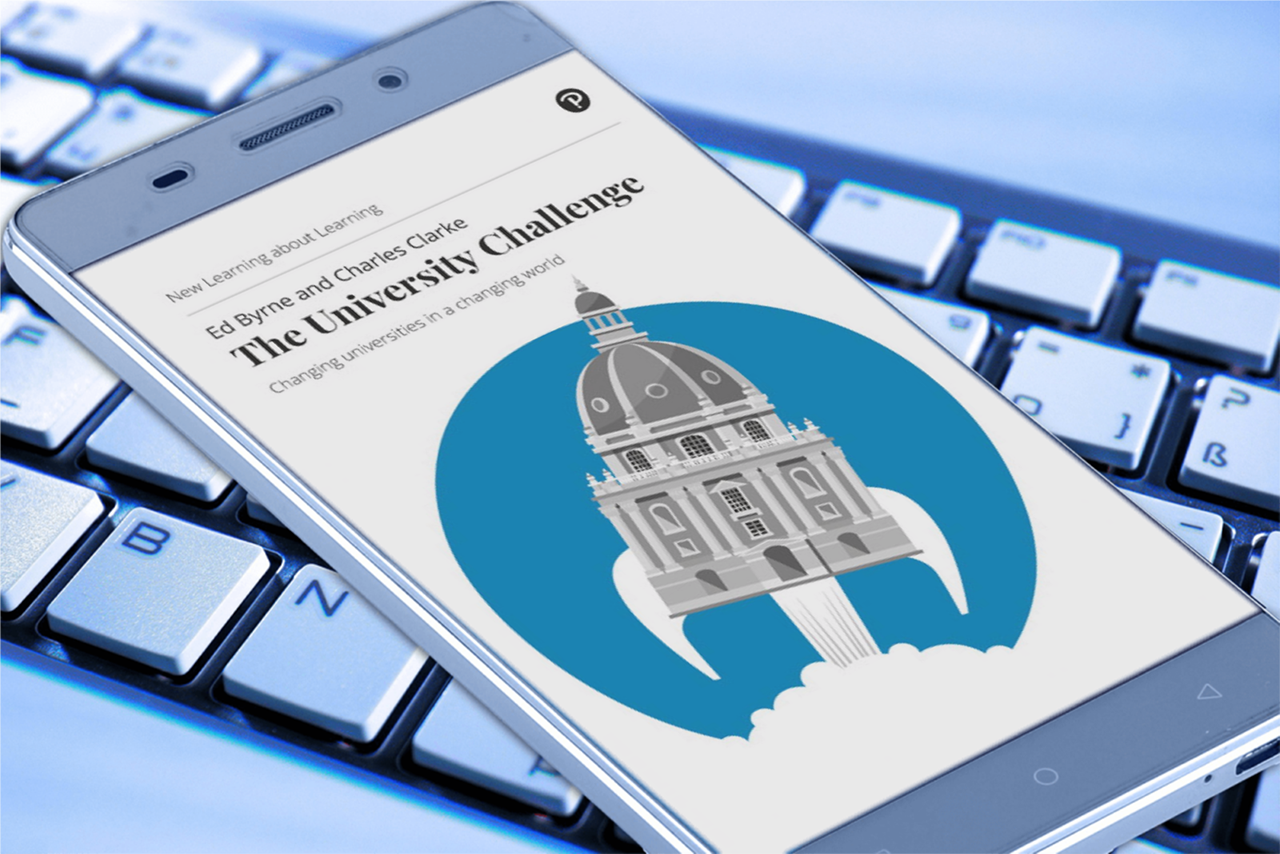Guest blog: The impact of COVID-19 upon universities by Rt Hon Charles Clarke

At the beginning of 2020, Ed Byrne and myself set out, in our book The University Challenge, the various roles which modern universities have to play as the world changes so quickly: understanding and interpreting change in the world; offering constructive approaches which help make the process of change benefit people; educating and training people with the skills needed to face up to change; and creating an intellectually engaging climate and culture across societies.
The COVID crisis has brought all of these roles into sharp focus and accelerates the need for sharp explanation, analysis, and the identification of possible ways forward in the new context.
It is already clear that COVID-19 will have an immense long-term impact upon the way that our society and economy is organised, including where we work and study and how we network, travel, communicate and socialise. These are the issues which our society must address, and universities should be the most powerful weapon which we can deploy to enable our society to make the best of these tough challenges.
Whilst universities can and should contribute to society’s efforts to face up to these questions, amongst the organisations which will most need to change is universities themselves.
The Challenges
The biggest of these challenges is to develop effective teaching and learning. COVID has illustrated clearly that high quality online teaching and learning is central to that. The capacity of UK universities to achieve this is highly variable and not at all fully accepted by either staff or students. Change in this area is difficult and requires serious study of the most effective pedagogies, with the consequent construction of an educational infrastructure which can support them.
There is no doubt that these online techniques will become an important part of university teaching and learning well beyond the current COVID challenge and need to be faced up to universally.
The second challenge is for every university to determine the place of international students. Every university faces a massive reduction in international student numbers with both negative effects on the culture of the university and significant financial consequences. It is likely that this will extend into the medium- and long-term. It is unlikely that numbers will just return to pre-COVID levels in all universities.
Universities are challenged, thirdly, by the enormous changes in the economy happening anyway, but accelerated by the COVID transformation. This is likely to mean new skill requirements for those at work and a new focus on resilience, notably but not only, in the field of health. This reskilling of the economy means that the courses and skills which universities offer will have to change and stimulate important regional and local skills collaborations through a variety of institutional means.
Fourthly, universities will need to partner within the local society and economy, becoming “anchor institutions” - increasingly important core organisations for their local communities both in terms of skills and the economy but also in terms of general civic dialogue and engagement in the enormous challenges which local societies will face.
Financial Realities and Consequences
Underlying all these issues is the grim reality for universities that they all face financial crises which will not be fully resolved by any “government bailout” - with or without conditions attached. These are caused by a number of factors such as:-
- Reduction of numbers of international students
- Disruption of domestic student demand, with students delaying entrance
- Deficits in rent income from student housing
- Students demanding tuition fee reductions for various reasons such as online courses
- Possible deficits in the USS Pension funds
- Decline in the value of university assets
- These changes will all also put increased pressure on the need for “back office” efficiencies.
They will focus universities and colleges on the need to collaborate more closely together with more organised Inter-university collaborations and likely “mergers and acquisitions”. One important aspect of this process, intensified by more online courses, will be the development of more inter-institutional transferable academic credits for students.
Moreover, in recent decades, universities have grown in organic rather than rational ways and there will be increased focus upon a more rational set of arrangements, whether on a geographical basis or otherwise. Universities face the choice between finding their own way forward in this, for example by defining their own missions and approaches more clearly, or risking the very real possibility that some reorganisation plan will be imposed by government.
Conclusion
Universities now face tougher challenges as a result of COVID than at any point in their history.
They will address this best, both for themselves and for their positive contribution to the whole economy and society, by taking the lead and identifying the best ways in which both individual universities and groups of universities can find the best way forward.
It is no good simply to wait and see what the government does or doesn’t do, which will probably become a lot clearer fairly soon after the country has passed into a world less dominated by the COVID, whenever that is.
Universities must not fail the challenge.
This content has been created by authors in their personal capacity. Any views, thoughts and opinions expressed belong solely to the authors and do not necessarily reflect the official policy or position of Pearson.